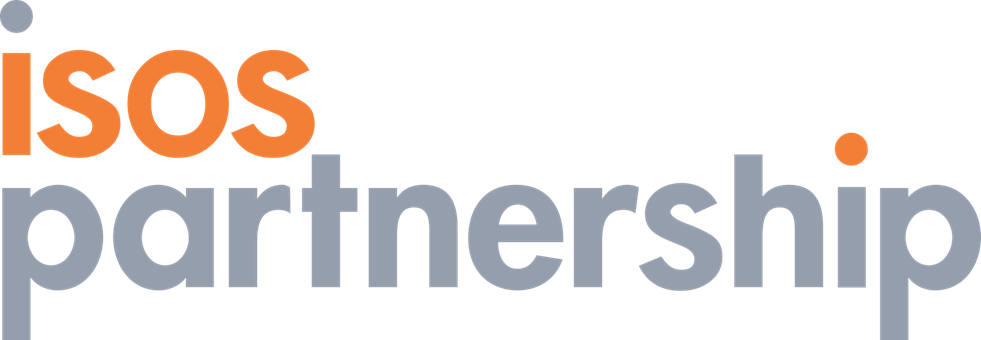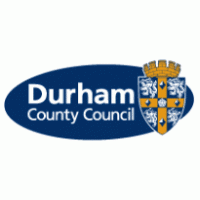Strategic Planning
Strengthening inclusion and the use of alternative provision in County Durham
‘The work has provided a clear focus on bringing together all partners to focus discussions around developing an inclusion strategy for Durham that supports the best education for all young people by ensuring every child is known, understood, supported and able to thrive.’
— David Wall, Pupil Casework Officer
The brief
In spring 2019, Durham County Council commissioned an independent strategic review of current arrangements for fostering inclusion, preventing exclusion and ensuring the effective use of alternative provision (AP) for secondary-age pupils. This was prompted by growing pressure on AP and the need to ensure effective local arrangements governing the use of AP were in place in light of changes in national policy proposed following Edward Timpson’s review of exclusions. We were commissioned to lead this strategic review, and facilitate discussions among school, AP and LA leaders and partners to shape a shared, strategic approach to strengthening inclusion and the use of AP in County Durham.
What did we do?
We designed a process through which we could:
gather, collate and synthesise evidence and perspectives from local leaders about how inclusion support and AP in County Durham was working;
share and refine our findings to build up a shared understanding of how inclusion support and AP looked from a system-level perspective, and how this compared to other local areas; and
share options and approaches developed in other local areas, and use these to facilitate discussions between school, AP and LA leaders and partners about the sort of system of inclusion support and AP that colleagues wanted in County Durham.
We approached the work in three distinct phases.
An initial scoping phase, where we gathered a range of evidence and feedback from school leaders, AP providers, LA officers and partners. We developed a range of tools to ensure that all school, AP and LA leaders had an opportunity to contribute to the review.
An exploratory phase, where we shared our initial findings, refined these and started to identify some potential solutions through further collaborative discussions with school, AP and LA leaders.
A final phase where we ran a further series of workshops to agree an overall vision, set of core principles, and set of concrete recommendations and actions for how local inclusion support and AP arrangements should operate for the benefit of all pupils in County Durham.
What difference did we make?
We developed a clear process through which school, AP and LA leaders and partners could:
reflect on the strengths and challenges related to inclusion support and the use of AP in County Durham;
consider how County Durham compared to other local areas, and what might be learned from models of inclusion support and AP developed in other local areas; and
shape and agree a set of core principles, common values and an overall approach to strengthening the system and arrangements that ensure pupils who need additional support or might be at risk of exclusion can get access to the help they need when they need it.
Since the review concluded, education leaders in County Durham have:
arranged visits to two local areas that we suggested to see how their inclusion and AP models operate;
established a task-and-finish group to take forward the review’s recommendations;
started to reshape the role and strengthen the remit of the existing secondary behaviour partnership panels to support collective responsibility for inclusion and support for all pupils in the County Durham education system.
What did the client say about the work?
‘The work has provided a clear focus on bringing together all partners to focus discussions around developing an inclusion strategy for Durham that supports the best education for all young people by ensuring every child is known, understood, supported and able to thrive.’
— David Wall, Pupil Casework Officer


